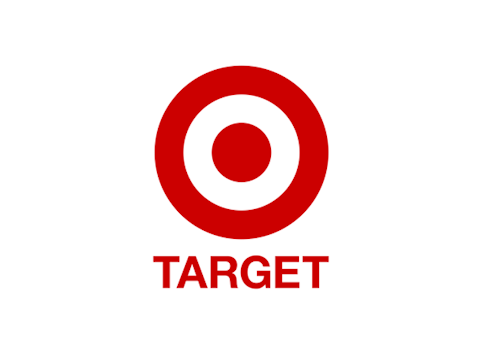It is rare nowadays to find a large-cap company that does not operate on a global scale or is not looking to expand its business internationally. After exiting its failing operations in Canada, Target Corporation (NYSE:TGT) has become a pure play on the U.S. economy and retail sector, deriving 100% of its revenue from the U.S. That stands in sharp contrast to its largest competitor, Wal-Mart Stores, Inc. (NYSE:WMT), which now generates a little over 28% of its revenue from non-U.S. sources according to S&P Capital IQ. In years past, a company would have been chastised for not thinking globally, not diversifying its business, and not generating revenue from sources outside the U.S.

Let’s first take a step back and analyze how tracking hedge funds can help an everyday investor. Through our research we discovered that a portfolio of the 15 most popular small-cap picks of hedge funds beat the S&P 500 Total Return Index by nearly a percentage point per month on average between 1999 and 2012. On the other hand the most popular large-cap picks of hedge funds underperformed the same index by seven basis points per month during the same period. This is likely a surprise to many investors, who think of small-caps as risky, unpredictable stocks and put more faith (and money) in large-cap stocks. In forward tests since August 2012 these top small-cap stocks beat the market by an impressive 84 percentage points, returning over 142% (read the details here). Follow the smart money into only their best investment ideas all while avoiding their high fees.
Target makes a compelling case in this investment environment. Target is virtually immune to the strengthening dollar, which so many companies have cited for missed revenue and earnings estimates in 2015. In its most recent reporting quarter, Wal-Mart Stores, Inc. (NYSE:WMT) missed its revenue and EPS estimates due in part to these negative currency adjustments, which reduced its earnings by $0.03. In its 2015 fiscal year, which ended on January 31, 2015, foreign exchange reduced Wal-Mart’s revenue by $5.3 billion. The company expects currency to negatively affect its sales this year by a further $14 billion, an increase from a previous estimate of $10 billion. These reductions in earnings and revenue due to currency fluctuations are essentially non-existent at Target, as the company’s operations are contained entirely within the U.S.
As the Fed is expected to raise interest rates at least minimally in the coming months and as other central banks around the world partake in quantitative easing, an investment in Target acts as a long dollar play and eliminates to a great degree the adverse currency factors experienced by Wal-Mart Stores, Inc. (NYSE:WMT) and other U.S.-based companies with significant operations outside the U.S. Perhaps this is why many hedge funds took up new positions in Target during the first quarter. Two Sigma Advisors reported a new $69.8 million stake in Target, and was joined by Seminole Capital and Melvin Capital in opening positions in the company. Seminole reported a $47 million stake, making up a little over 2% of its portfolio, and Melvin reported a $39 million position, constituting 2.5% of its portfolio. Many other funds reported new positions in Target as well, though to a smaller degree than the aforementioned funds.
Follow Ken Griffin's Citadel Investment Group
Citadel Investment Group, a $90 billion hedge fund led by Ken Griffin, built a substantial long position in the shares and options of Target Corporation (NYSE:TGT). The fund increased its positions in the shares of Target by 799% to $359 million and in call options underlying Target shares by 17% to $42.6 million. Citadel also decreased its position in put options underlying Target shares by 75% to $34.3 million, doubling down on its bullish positions. Citadel was joined by several other funds in upping their existing long positions in Target. Columbus Circle Investors has the second-largest position amongst hedge funds in our database, owning $234.3 million worth of Target shares, an increase of 78% from its previous filing. Adage Capital also increased its position by 32% to $79.4 million, while Levin Capital Strategies slightly decreased its position in Target’s shares by 2% to $70.7 million. Long-time special situations investor, Joel Greenblatt, of Gotham Asset Management was also long Target and increased his fund’s position by 22% to $58 million. Gotham was followed by Balyasny Asset Management, which also augmented its position in Target by 40% to $52 million. All told, 43 funds in our database held $1.43 billion worth of Target’s stock at the end of the first quarter, a significant spike from the 37 funds that held $939 million three months earlier.





